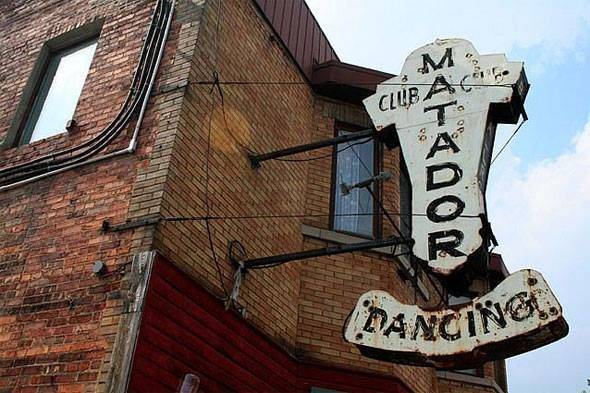
Right Thing Wrong Place ?
Club Matador, Toronto
Sally Hunter
Behind the beat-up brick facade and ancient sign, the Matador is a pure piece of Torontonia. Opened in 1964, this after-hours honky-tonk hot spot was the brainchild of Ann Dunn, a single mother of five who wanted a business that wouldn’t interfere with her main job—child-rearing. Sounds exhausting, but Toronto nightlife is the better for it: 24-hour party people have been hoofing it here for decades (and the owner is now a great-grandmother). The crowd is a fun mix of Stetson-wearing old-timers and younger night owls looking for one last dance (even though the Matador has always been, ahem, alcohol-free). —Toronto Life
The Matador was destined to be reappropriated by the city, torn down and replaced by a parking lot in 2007 when it finally closed its doors. Torontonians rallied, (Including Michael Ondaatje and members of Blue Rodeo) and the decision was defeated in council.
Bought in the 2010 by Paul McCaughey who will be keeping the Matador’s iconic sign at his new community living space. Plans for the building include a live music venue, a restaurant, a fitness centre, and perhaps a Russian steam room. The space was set to open by the end of 2011, but still remains vacant and under construction (July 2013)
‘McCaughey said he’s working to preserve the building’s past…. keeping the signature wall in the ballroom, which carries the signed names of some of North America’s most celebrated country and folk singers who visited the Matador, including Johnny Cash, Leonard Cohen, K.D. Lang, and Stompin’ Tom Connors. “It’s 45 years of history,” he said, adding that there must be at least a thousand signatures on the wall.”” McCaughey is also planning to pay tribute to the building’s original use, a dancehall for soldiers during World War One. Open until 1920, McCaughey said it was likely the last dance soldiers had before going overseas. Recently, he found an old ticket in the crawlspace of the building from one of these dances, which had a chaperon’s name written on it. ~ Annex Gleaner December 29th, 2010
Matador might never reopen as venue operators grow tired of endless fight for music
As old clubs close, would-be operators of new ones say they face great opposition from neighbours and the city bureaucracy — so much so that even a famed city nightspot might give up before it ever reopens.

By BEN RAYNERPop Music Critic Mon., Feb. 13, 2017
The fabled Matador Club at the corner of College St. and Dovercourt Rd. has stood empty for 10 years now, seven of those in the hands of new owners who’ve long hoped to restore the 101-year-old space to its original glory as a revamped, remodelled live venue and community event space dubbed the Matador Ballroom.
Now, when Toronto’s music scene is agonizing over a spate of recent venue closures — last week, Bloor West café the Holy Oak announced it will be shuttering by March, joining a list that already includes the beloved Silver Dollar, the Hoxton, Hugh’s Room, Tattoo, the Hideout, and the Central — the Matador risks becoming the next casualty. Again.
When it finally got its liquor licence at this time last year despite staunch opposition from some very vocal and well-organized objectors in the surrounding neighbourhood who remember the room as the city’s most infamous after-hours boozecan, many observers assumed that it would reopen eventually. This is, after all, a historic venue in a self-professed “music city,” a space where the signatures of storied past performers such as Leonard Cohen and Stompin’ Tom Connors adorn a dressing-room wall that was almost bulldozed into a city parking lot.
Not so. The Matador remains ensnared in a nightmare of neighbourhood opposition and zoning and permit issues, and its would-be rescuer, Paul McCaughey — who purchased the building with his brother in 2010 — is growing weary.
“When you say the Matador will eventually get opened . . . there is no ‘eventually’ any longer,” he says, frankly. “The Matador will be the next headline if we do not get serious movement within the next two months.
“I will sell it to a condo developer and they will have a Shoppers Drug Mart in the bottom of it, OK?”
Last week, after Mayor John Tory and Councillor Josh Colle, the newly minted chair of the Toronto Music Advisory Council, issued a public statement that “Toronto remains committed to supporting live-music venues,” McCaughey was moved to pen an open letter on the Friends of the Matador Facebook page pointing out the difficulties he has faced in opening a new venue. He intends to take his case to this Monday’s TMAC meeting, called to address the growing “venue crisis” in the city, because, he wrote, “we hope other venues never have to suffer the kind of roadblocks the Matador Ballroom has encountered.
“The fate of the Matador as a beloved venue will certainly make a statement heard by (cultural) investors and music enthusiasts all over the country . . . it will take no less than a shift in civic culture to save music venues in this city,” he wrote.
“My feeling about it and also my experience with it is that whatever they’ve been trying to do with ‘music city’ is not having a trickle-out effect,” says McCaughey, who’s not alone in observing that City Hall’s stated desires to cut red tape, put flexibility into bylaws and generally ease music venues’ woes has yet to take effect.
Kristjan Harris knows all about it. Two years ago, he spent eight months and about $50,000 trying to get a new live-music space called the Mercury Social Club off the ground in an abandoned Geary Ave. furniture store, only to capitulate in the face of the same endless zoning reviews that now bedevil the Matador.
“The crazy thing was no one in the city would, period, offer advice on what we could do,” says Harris, who runs Bloor West coffee house Saving Gigi with his wife.
“There are a number of good councillors and people in the city who are actually trying to make this ‘music city’ truly happen . . . It’s just that there’s a bunch of people who really don’t give a sh–. They just don’t care.” And it is the latter group in the city government that would-be venue operators have to deal with, said Harris.
“They need one independent zoning officer who can handle all these complicated applications and look at them and say ‘This is actually what you need to do’ ” to help venues, says Harris. “Not some old-timer who’s sitting at his desk and about to retire, but a man or woman in their 30s or 40s who’s interested in helping Toronto become the music city that it’s supposed to be.”
Alex Ottens fought long and hard against neighbourhood opposition and city bureaucracy to get — and keep — Dundas West club Studio Bar open three-and-a-half years ago. Like other venue owners in this city, he says new clubs hosting live music are automatically placed in an adversarial position with both city staff and neighbours.
“They try to shut you down. That’s what they were trying to do. From the onset,” he says, adding that he felt like a “criminal” during the early days of co-running the club. “You might win, but it just wears you down . . . It comes at a huge cost for us to cultivate a scene and just to be here and operate (and) it affects our personal lives . . . quite frankly, much like these other venues that are closing down, we are making those same sorts of contemplations.”
Colle acknowledges that there’s work to be done in getting city laws and bureaucracies to reflect the three-year-old “music city” idea. But there’s also a growing clash of cultures in downtown neighbourhoods flush with high-priced housing. Some new residents suddenly don’t necessarily find such cultural outposts desirable as neighbours. Witness, for instance, the current, Matador-esque fuss among residents in the Beaches over a proposal to turn the old Champions off-track betting parlour at Queen St. E. and Kingston Rd. into a 2,700-capacity music hall.
“There’s always a lot of that,” concedes Colle. “If you go talk to any local councillor about what we deal with — and it goes so much beyond music venues — that is something we fight with here because it’s strong. People don’t want a lot in their neighbourhoods.”
Colle is optimistic that over time music might achieve the acceptance that the film industry has, 30 years after the establishment of the city’s film office. “You never hear about a film shoot getting booted off an Annex street because it took up too much parking and the lights were too bright . . . I get that music has a bit of a different intangible because of the volume, but I think if we can do it with film we should be able to do it with music.”
Meanwhile, the Matador Ballroom — which received more than 1,000 letters of support vs. 155 objections to its liquor-licence application — waits to see which way the city’s bureaucracy will go.
McCaughey hopes to meet with the neighbours who want it silenced, and councillors who represent them, in a last-ditch effort to smooth things over because “we believe that we have some very real and important things to say to them that will go a long way towards making a difference in terms of their fears.” And if that doesn’t solve the problem, well . . . that’s it.
“The Matador has been there for 100 years. So if the Matador can’t get it done, what hope does this ‘music city’ have?”
Correction – February 13, 2017: This article was edited from a previous version that misstated the name of Studio Bar as Stereo Bar.

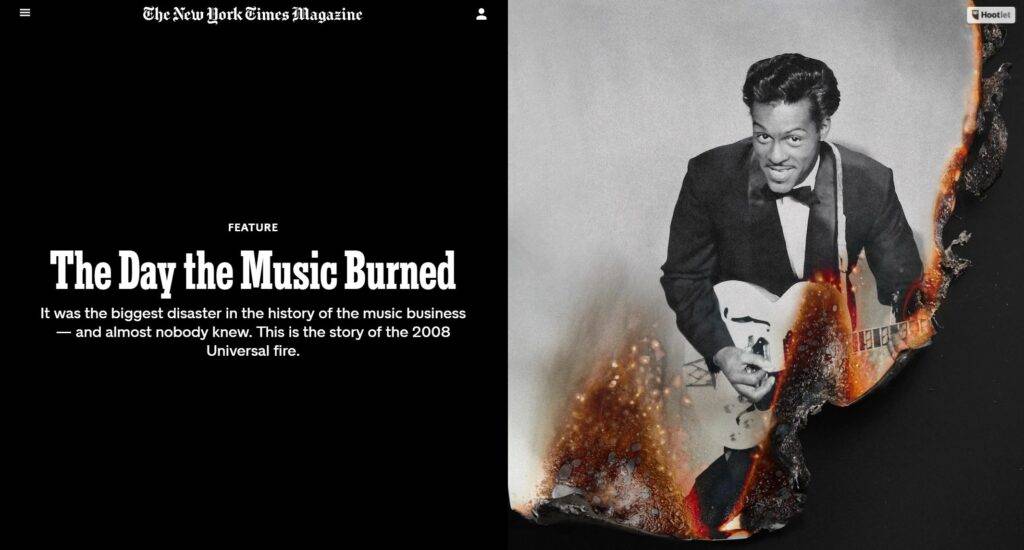
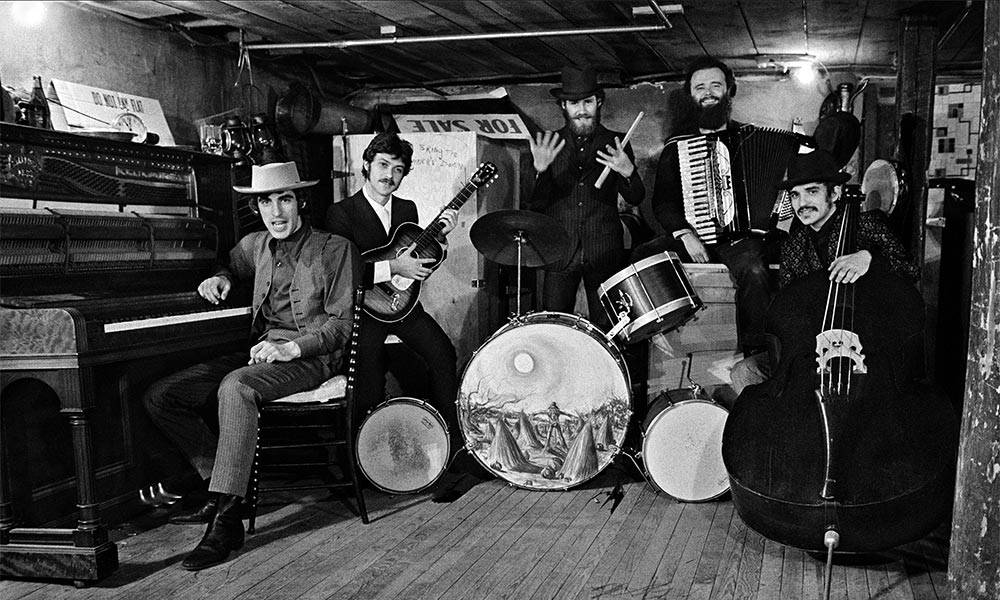

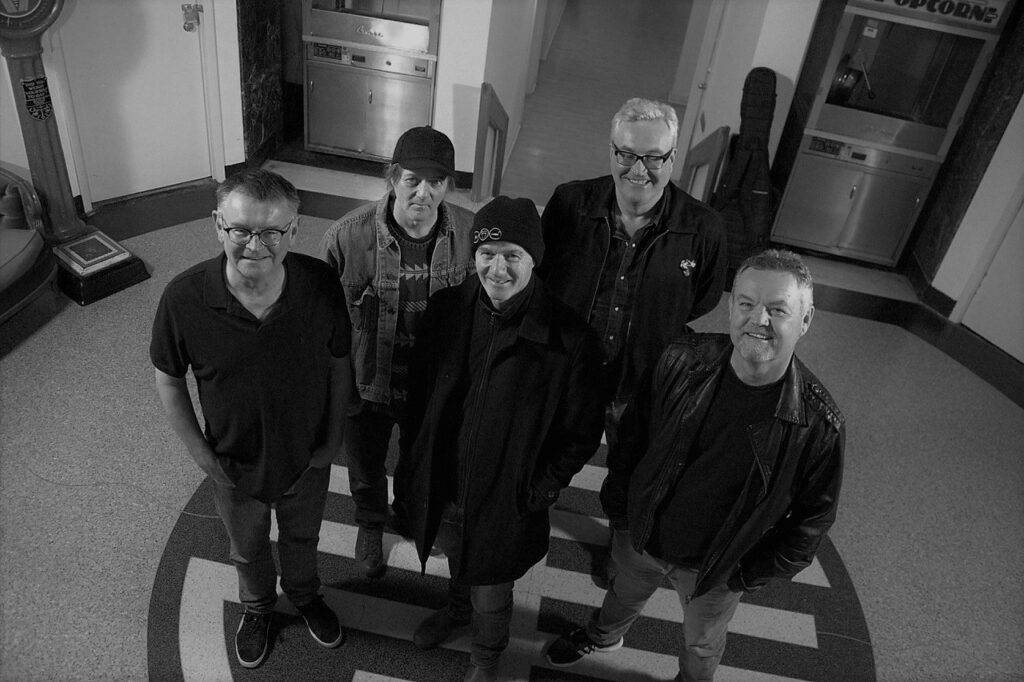
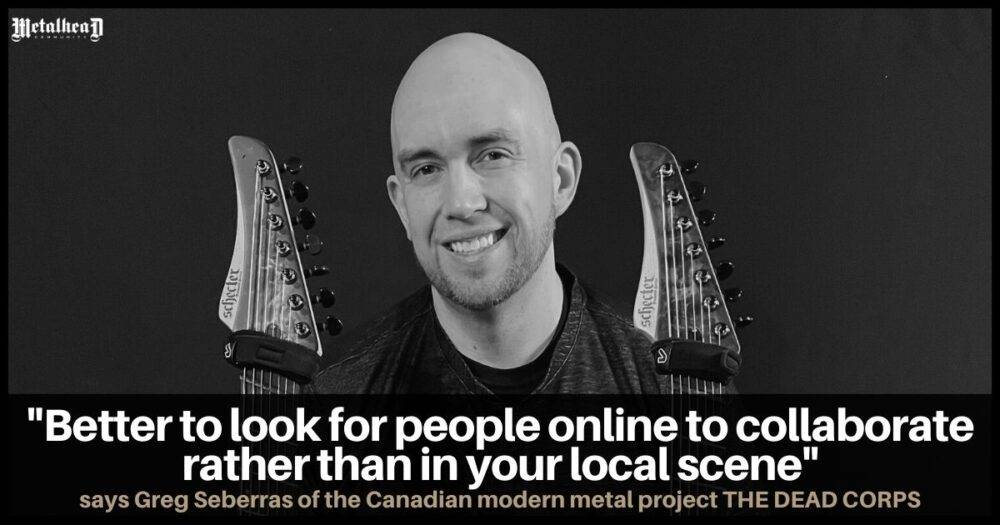
Responses